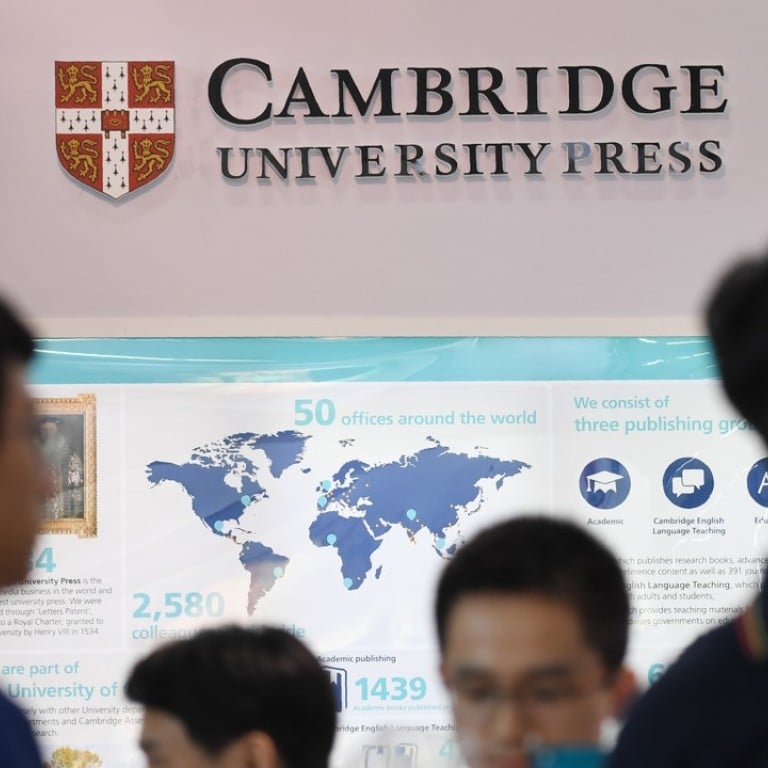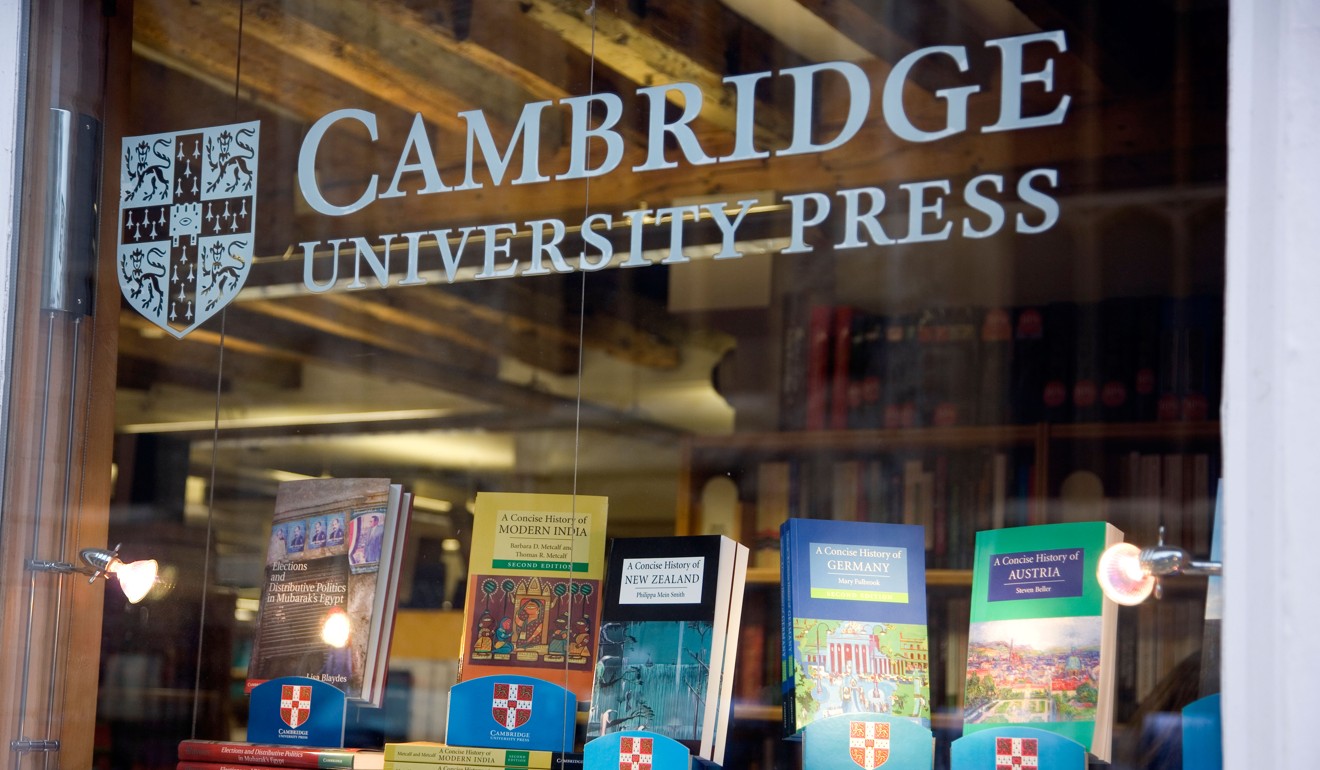
Why China hurts itself more than others with censorship
By obstructing its own academics, Beijing is limiting the judgment of its own advisers
The reaction from the academic world was swift and outraged. Dr Tim Pringle, the editor of the journal, made an unequivocal statement that this was unacceptable: the standards of international academic freedom meant that either the whole journal must be made available, or none of it. CUP in fact reversed its decision very swiftly and it’s unlikely that they or any other publisher will try to promote selective access to its journals in the near future. But this tactic highlights why China remains hobbled when it comes to understanding a topic of more concern to the Chinese than to anyone else: the reasons for change and conflict in their own society. By obstructing free research by its own academics, the Chinese government limits the analysis and judgment of the experts it surely wants to advise it. In the end, China loses more from censorship than Westerners.

‘Islamic State’ killings: China’s censored social media is in uproar, so what’s Beijing thinking?
Research in political science and sociology in China has become much harder since 2012. Conditions were never easy, but scholars pursued a wide range of topics in the 1990s and 2000s: the possibilities of urbanisation, the previously hidden parts of Chinese history, the emergence in the new millennium of a form of civil society. It was possible for researchers to live in Chinese villages, visit Chinese historical archives, interview Chinese decision makers. They worked together with Chinese colleagues and institutions, with both sides becoming richer in knowledge as a result. China has never lifted censorship, but in the 1990s, despite the post-1989 crackdown, significant Chinese journals such as Zhanlue yu guanli (Strategy and Management) gave important insights, sometimes at odds with mainstream thinking, drawing on international scholarship. For academic readers, access to Western thinking on China through English-language journals was another source of lateral, unofficial thinking. That space for free writing and thinking seems to be disappearing.

More on Censorship in China
Most of the discussion has been about the restriction on the rights of the authors in the journal, and it is important that their protests have led to such a swift reversal. But consider the dispute from a different point of view: that of scholars in China. The China Quarterly is one of the major outlets for scholarship on China anywhere in the world (many scholars from the People’s Republic publish there). If the censorship had continued, it would have meant that the only country in the world that was obstructed from gaining access to all the latest scholarship would be China itself. While scholars in the United States, Britain, Australia, Hong Kong, or Singapore continued to have full access, readers in mainland China would be placed in a second-class position – by their own authorities. I suspect I speak for most academics when I say that China really ought to be at the cutting edge of scholarship on its own politics (can you imagine people arguing that the best scholarship on American politics came out of France or Germany?). Limiting access to the scholarly resources that every other university in the world is allowed to read will not help in that aim. It’s a self-inflicted wound. ■
Rana Mitter is Director of the University China Centre at the University of Oxford and author of A Bitter Revolution: China’s Struggle with the Modern World and China’s War with Japan, 1937-45: The Struggle for Survival

